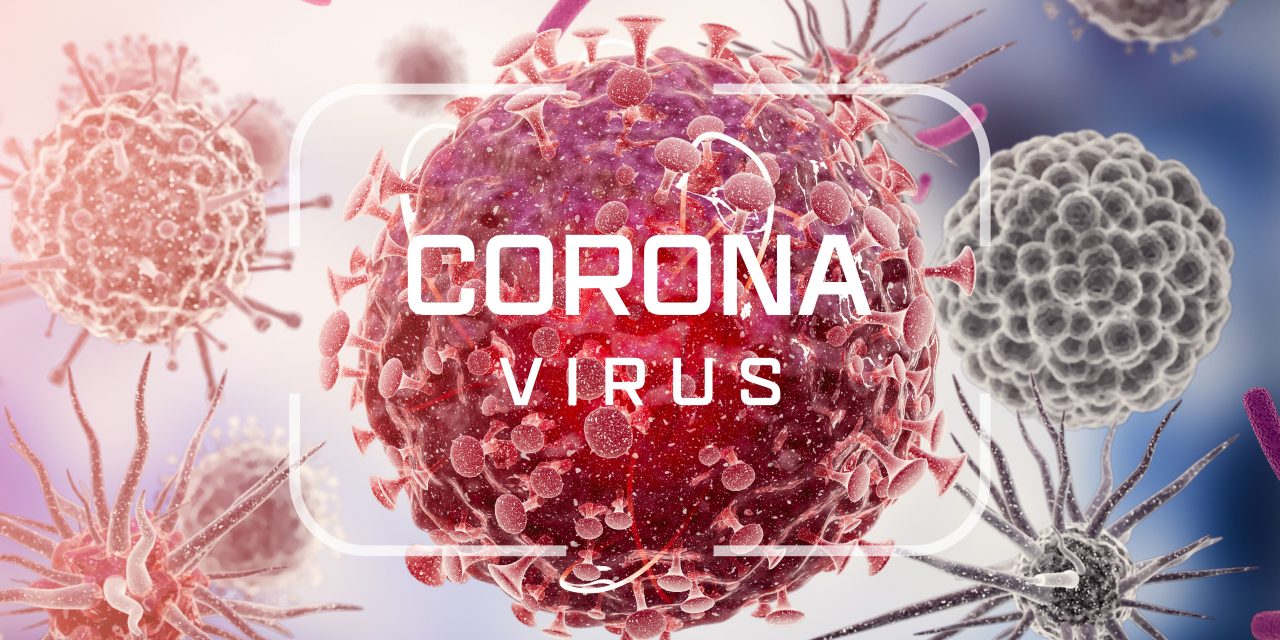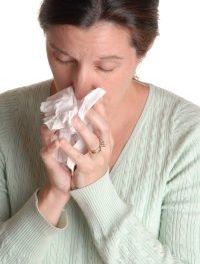With all of the concern over the COVID-19 pandemic, the media are continually giving advice on how to stem the spread. Wash your hands, don’t touch your face, and avoid people, seems to be the mainstay of this advice. We are wisely being advised to take steps that minimize exposure to the pathogen. Is there anything else that can be done?
On his deathbed, Pasteur was quoted as saying: “Bernard was right. The pathogen is nothing; the terrain is everything.” By terrain, he means resistance to the pathogen. So far, most of the focus has been on the pathogen and avoiding contact with it. What can be done to support immune function?
Stress reduction is important for the immune system. One study linked stress to the severity of cold or flu symptoms. Researchers from the University of Florida and the University of Iowa reported in the Journal of Psychosomatic Medicine (May 2001). Students who reported having a lot of pain and stress were more likely to become sick that those who claimed to have only a little pain and stress.
Good nutrition enhances the immune system. One article that was recently published went into detail on how the Western diet, high in fat and sucrose and low in fiber, promotes inflammation, and is harmful to the immune system, according to studies. Sugar, in particular, is harmful to the immune system, according to one study. Polyphenols are especially important for immunity and cell protection. One article states, “Nutrition may play an essential role in immunity by interfering with proinflammatory cytokine synthesis, immune cell regulation, and gene expression. Polyphenols, one of many categories of natural substances, exhibit a range of biological activities. Polyphenols promote immunity to foreign pathogens via various pathways.” A recent animal study supports this idea.
Good nutrition ensures adequate vitamin intake. Vitamin C and its effect on the immune system have been extensively studied. It may even be more effective than most antiviral drugs. One study (J Manipulative Physiol Ther. 1999 Oct;22(8):530-3.), looked at the effectiveness of vitamin C in preventing and relieving symptoms of respiratory infections. Subjects in the control population reporting symptoms were treated with pain relievers and decongestants, whereas those in the test population reporting symptoms were treated with hourly doses of 1000 mg of Vitamin C for the first 6 hours and then 3 times daily thereafter. Those not reporting symptoms in the test group were also administered 1000-mg doses 3 times daily. A total of 463 students ranging in age from 18 to 32 years made up the control group. A total of 252 students ranging in age from 18 to 30 years made up the experimental or test group. Reported flu and cold symptoms in the test group decreased 85% compared with the control group after the administration of megadose Vitamin C. The researchers concluded, “Vitamin C in megadoses administered before or after the appearance of cold and flu symptoms relieved and prevented the symptoms in the test population compared with the control group.”
Low doses of vitamin C have been studied; 622 subjects into two groups, giving one a placebo and the other 500 mg of vitamin C each week. Upon getting ill both groups were told to increase the dosage of their “pills”, with the vitamin group increasing the dosage to 1,500 mg on the first day and 1,000 mg for the next four days following the onset of symptoms. The subjects receiving vitamin C supplementation spent less time being ill than the placebo group, with 25% fewer days spent indoors as a result of sickness.
Vitamin A is another nutrient that has been studied with respect to immune support. One study, showed that its effect on inflammatory responses in reproductive tracts of male mice infected with pseudorabies virus. Another animal study, showed a relationship to IgA production in the mucosa. Vitamin A deficient mice have increased viral antigens and enhanced cytokine/chemokine production in nasal tissues following respiratory virus infection, according to another study.
Human studies on vitamin A exist as well. Vitamin A status as it relates to measles and RSV has been studied. There are several studies that show good vitamin A status being beneficial to people with viral infections. Conditions studied include, HIV, and Ebola. Good vitamin A status may make vaccines more effective. The researchers of another study concluded, “Overall, our study demonstrates that vitamin A&D supplementation can improve immune responses to vaccines when children are vitamin A and D-insufficient at baseline. Results provide guidance for the appropriate use of vitamins A and D in future clinical vaccine studies.”
Probiotics may benefit the immune system of humans as well. One study looked at 140 patients with stomach cancer. In that study, IgG, IgA and IgM, were higher in the test group than in the control group. Moreover, the improvements of inflammatory cytokines including IL-6, IL-8, and TNF-α in patients of the test group were better than those of the control group. One human study found that probiotic supplementation could enhance the effectiveness of the flu vaccine. In another human study, the authors concluded, “prebiotics and probiotics could lead to potentially beneficial effects to host health by targeting specific bacterial groups, increasing saccharolytic fermentation and decreasing inflammation associated with aging.”
This is, of course, not to suggest treatment. It is more about improving the body’s infrastructure. Because, in Pasteur’s words, “…the terrain is everything.”






